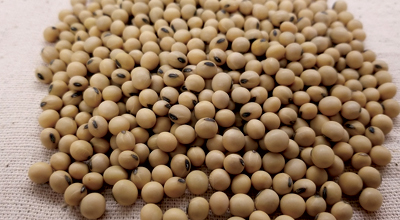
Image: Pixabay
According to the article by Murilo Schneider, co-founder and director of Procer Tecnologia, in 2020 alone, Brazil received more than US$28.4 billion from the sale of grain to the Chinese and the country has the potential to import 80% of the expected volume , according to Conab. Furthermore, the agribusiness sector represented around 26.6% in Gross Domestic Product last year, according to data from the Center for Advanced Studies in Applied Economics (Cepea). But, in practice, how does this new requirement from the Chinese directly affect soybean producers in Brazil?
{module Form RD}
According to Brazilian legislation – Normative Instruction 11/2007 of the Ministry of Agriculture, Livestock and Supply – for marketing purposes, the water content limit of grains must be 14%. However, the higher the availability of water in the grain, the more susceptible it is to deterioration, contamination by fungi, mycotoxins, that is, the greater the chances of product loss. To give you an idea, in Brazil annual losses between harvesting and storage reach 20%, according to the National Rural Learning Service (SENAR).
Therefore, by reducing the humidity limit to 13%, we reduce the likelihood of losses and guarantee a higher quality product for export – which meets the new demand required – and also on consumers' tables, in addition to increasing the country's international competitiveness. But in practice, most producers are not prepared to deliver soybeans according to established standards and, to adapt, they will need to install technological solutions to control grain moisture in the storage process.
Among these solutions, we can mention the inclusion of a management and automation system that uses high-precision digital sensors, which are coupled to storage systems. With the help of this technology, it is possible to monitor and have more control over post-harvest, increasing profits, as it considerably avoids losses. Producers who start using technologies in their operations will be able to better visualize production, having the autonomy to make the necessary adjustments to guarantee the required quality standard. It is a fact that the new limit required by China is still under discussion at the World Trade Organization (WTO) and there is no forecast of the final decree. However, during this wait, we must invest in technologies that help with post-harvest grain management, improving quality and reducing losses in the segment to further strengthen Brazilian agribusiness, aiming to increase our competitiveness.
By: Aline Merladete | agrolink










